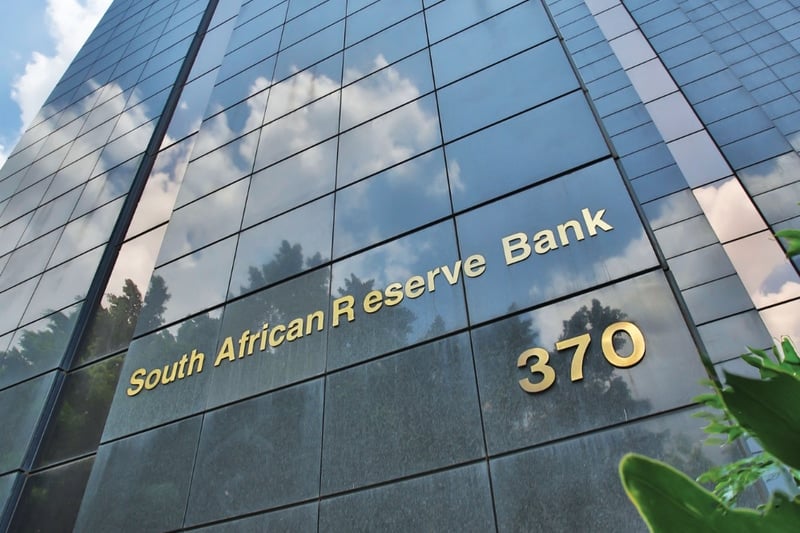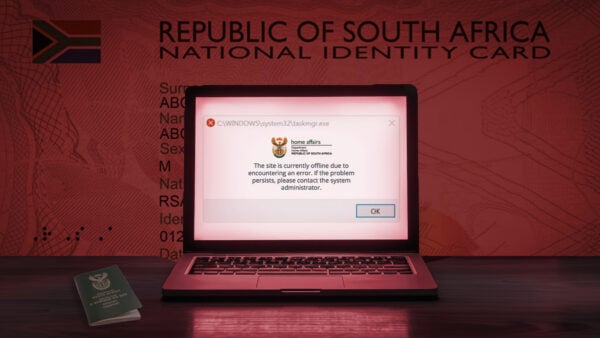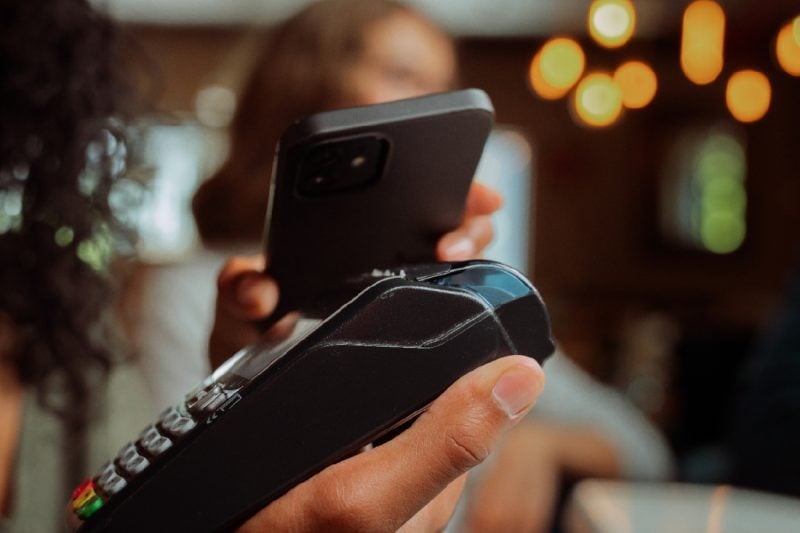One basic crypto change could unlock huge growth in South Africa, says Luno

South Africa’s largest cryptocurrency exchange by users, Luno, is calling on the National Treasury to classify digital assets held on local licensed platforms as onshore assets.
Luno said this would allow the returns from these assets to be reinvested in the country, increasing tax revenue.
“Currently, digital currencies are not designated as either offshore or onshore assets, making it very difficult for institutional investors to allocate capital or invest in assets such as Bitcoin,” Luno’s general manager for Africa, Marius Reitz, said.
“It also complicates efforts to report cross-border transactions to the Reserve Bank.”
Reitz said this uncertainty surrounding how digital assets are classified hinders sector growth.
He argued that labelling cryptocurrencies as offshore assets would limit the amount of digital assets fund managers and mutual investment funds can hold.
Reitz warned this would ultimately restrict South Africans and corporate investors from benefitting from potential returns.
“Internationally, cryptocurrencies are now just another recognised asset class to invest in along with stocks, government bonds and fiat currencies,” Luno’s global head of legal and corporate strategy, Paul Harker, said.
“In the current constrained fiscal reality, our government has little room to manoeuvre. Pro-growth and forward-looking decisions are essential.”
Reitz said they acknowledge the progress made in regulating cryptocurrency in the country, such as taxing trading profits and licensing exchanges, and work by the Intergovernmental Fintech Working Group
However, Luno believes that South Africans and the fiscus have yet to experience the actual benefits of digital assets.
“Treasury can take decisions that stimulate growth in digital assets while also ensuring a safe and secure sector,” Luno’s country manager, Christo de Witt, said.
“It is a massive misconception that, in the cryptocurrency sector, huge growth and real safety are mutually exclusive. Further close cooperation between government and industry can remove obstacles.”
Exchange control mess

Luno’s call for crypto assets to be classified as onshore comes after the Financial Surveillance department of the South African Reserve Bank told MyBroadband in 2021 that transferring cryptocurrency from local wallets to offshore exchanges was a crime.
It also said that decentralised finance (DeFi) protocols — smart contracts executed by blockchains — are considered offshore for regulatory purposes.
This is despite no mechanism existing to legally transfer locally-held crypto assets to offshore exchanges or interact with smart contracts.
Luno’s plea to Treasury suggests that the onshore/offshore status of crypto assets held by locally licensed crypto asset service providers is not as clear-cut as the Reserve Bank suggested.
The Reserve Bank’s feedback to MyBroadband was in response to questions about an FAQ document published on its website by the Intergovernmental Fintech Working Group (IFWG).
The IFWG is a group of regulators comprised of the Competition Commission, Financial Intelligence Centre, FSCA, National Credit Regulator, National Treasury, the South African Revenue Service, and the South African Reserve Bank.
The group of regulators issued an FAQ document in 2021 as part of its position paper on crypto assets.
“Exchange Control Regulation 10(1)(c) prohibits transactions where capital or the right to capital is, without permission from National Treasury, directly or indirectly exported from South Africa,” the FAQ from the IFWG states.
It added that this includes transactions where an individual purchases crypto assets in South Africa and uses them to externalise “any right to capital”.
Contravening South Africa’s exchange control regulations carries a penalty of a R250,000 fine and possibly up to five years imprisonment.
The fine may be increased up to the value of the offending transaction under certain circumstances.
However, the regulations specifically link this escalation to “any security, foreign currency, gold, bank note, cheque, postal order, bill, note, debt, payment or goods”.
The Reserve Bank also banned banks from allowing clients to buy crypto assets from overseas providers using debit or credit cards.
Therefore, the only way to legally buy crypto overseas for use in DeFi is through regular electronic funds transfers.
































